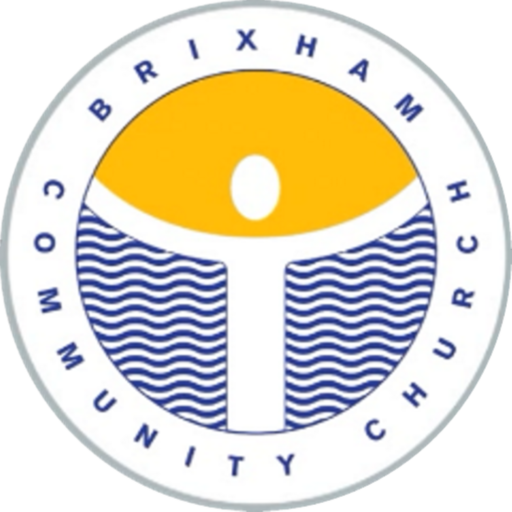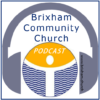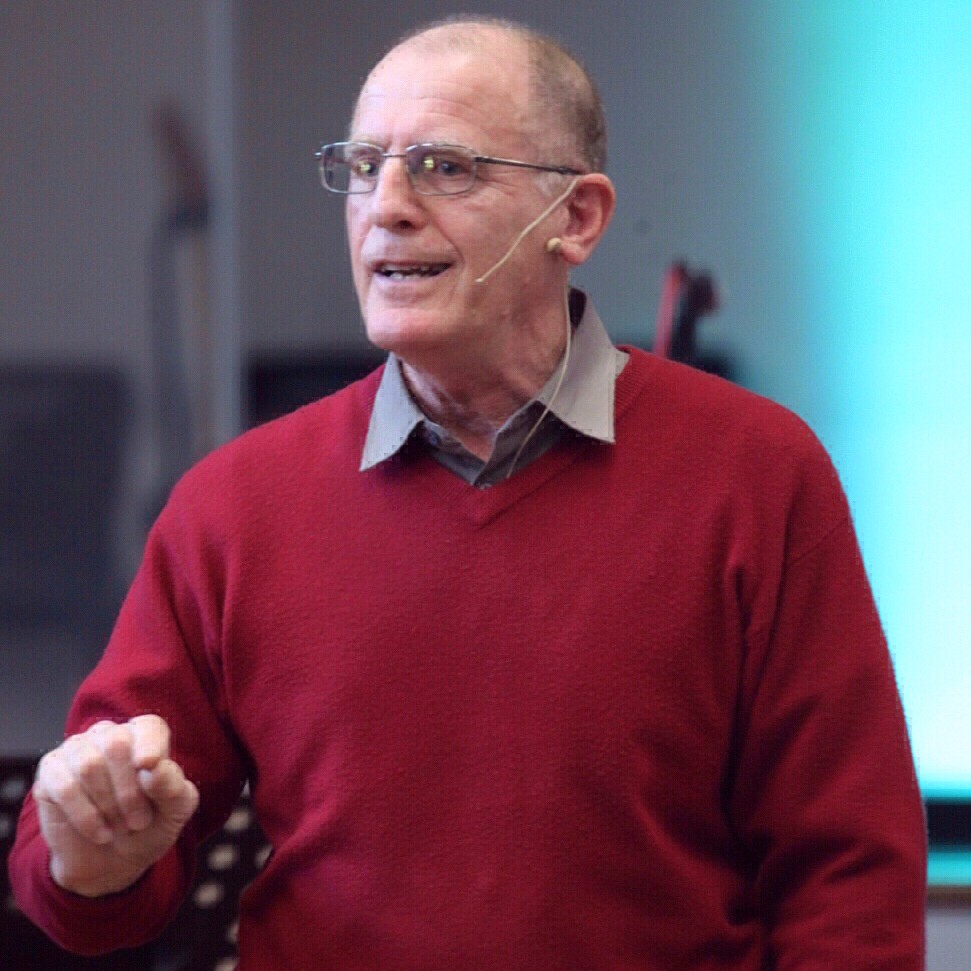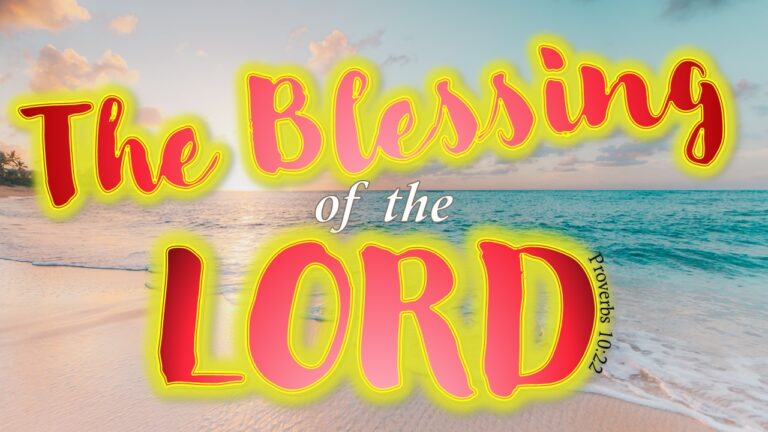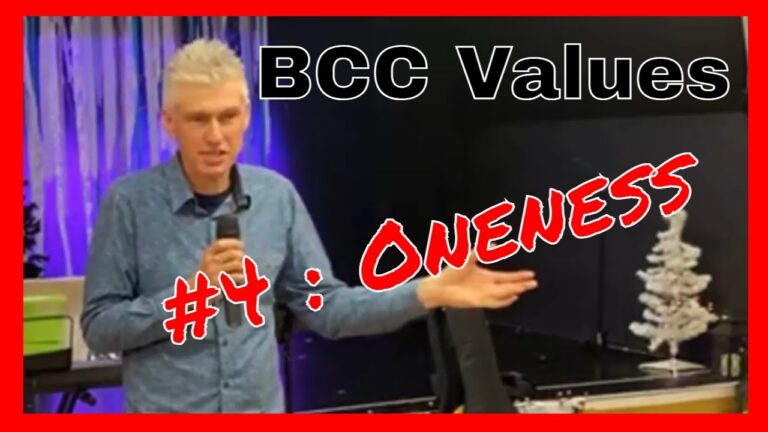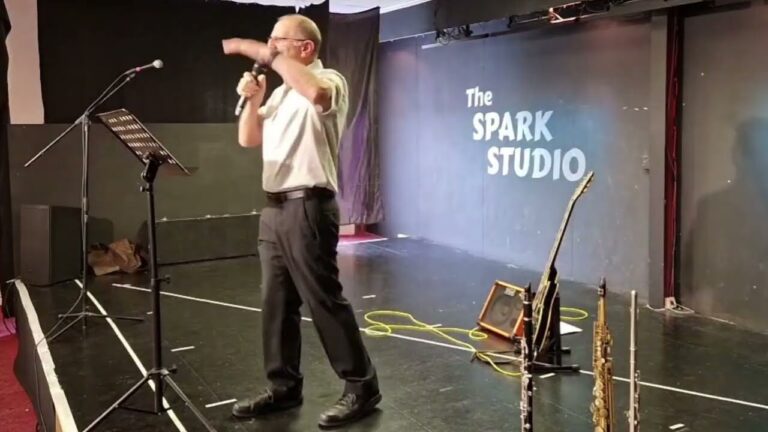Mercy in us – cause and effect
Part 1
Isaiah 64:2 is a great example of cause and effect:
1 Oh, that you would rend the heavens and come down, that the mountains would tremble before you!
2 As when fire sets twigs ablaze and causes water to boil, come down to make your name known to your enemies and cause the nations to quake before you!
There is cause and effect in the natural world which we are all aware of. Heat from fire, for example, causes sticks to burn which in turn can heat a pan of water.
And here in this verse the prophet is asking God to do something in the supernatural, that has an effect in the natural physical world. He’s asking God to tear the heavens open and come down, to make his name known to those who oppose him and so just as fire causes water to boil in the pan, the nations would quake in God’s presence.
I can see elements of the Lord’s Prayer in here. Isaiah asks that God’s name would be known. And we pray, Hallowed be your name. He asks God to come down from heaven and we pray that the Lord’s will would be done on earth as in heaven, that his kingdom would come.
So we too pray in our neighbourhoods that our prayers are part of the cause and effect process. We pray that as we bless our neighbours, his kindness would lead them to repentance, that the cause of his kindness and mercy would have such effect that they would turn to him and be saved.
One way I believe we can fan the flame of this fire so to speak is to join with God in showing mercy.
Grace is undeserved goodness. Mercy is the withholding of deserved punishment. It’s holding back on the judgement, even when someone else deserves it. It’s showing forgiveness even when it’s not received. And it’s what God desires in us.
“For I desire mercy, not sacrifice, and acknowledgment of God rather than burnt offerings.”
Hosea 6:6
It is a cause with an incredible effect.
Jesus quotes that verse from Hosea to the Pharisees on two occasions, not too far apart from one another in the gospel of Matthew.
In Matthew 9 Jesus has just called Matthew and is eating with him and other unsavoury characters. Matthew was Jewish by birth but not very loyal to his Jewish traditions. As a tax collector he was working for the Romans who had occupied Jewish territory. Collecting Roman taxes for this unclean occupying race was bad enough, but it was custom and practice for tax collectors to take more than they should have done. So the devout Jewish Pharisees were not happy that Jesus, this up and coming Rabbi, was dining with such people, the lowest of the low.
10 While Jesus was having dinner at Matthew’s house, many tax collectors and sinners came and ate with him and his disciples. 11 When the Pharisees saw this, they asked his disciples, “Why does your teacher eat with tax collectors and sinners?”
12 On hearing this, Jesus said, “It is not the healthy who need a doctor, but the sick. 13 But go and learn what this means: ‘I desire mercy, not sacrifice.’ For I have not come to call the righteous, but sinners.”
Imagine telling the learned Pharisees to go and learn! But Jesus was asking them to learn something experientially, not by bookish study. Learn what God desires. Learn that he desires that we, who are made in his image, would display something of his heart. He is a God of mercy. He does not treat us as our sins deserve. Go learn to do the same!
Back to the idea of cause and effect. Jesus, teaching by example, chose to show mercy to Matthew the tax collector. And was the effect? Matthew follows Jesus, his life is radically changed, and he writes one of the four gospels. Not bad for the lowest of the low. See what mercy can do?
Well, it’s not the only time Jesus quoted this to the Pharisees.
A few chapters on in Matthew 12 it’s the Sabbath. And if you were a Pharisee, one of the keenest laws you’d follow to the letter would be to keep the Sabbath holy.
Matthew 12
At that time Jesus went through the grainfields on the Sabbath. His disciples were hungry and began to pick some heads of grain and eat them. 2 When the Pharisees saw this, they said to him, “Look! Your disciples are doing what is unlawful on the Sabbath.”
- Although not in the Old Testament Law, the Pharisees had created laws to clarify the laws. In order to fulfil the law to do no work on the Sabbath, it was now illegal in their terms to light a fire, tie a knot and yes, pick a single grain of corn.
- Jesus goes into the Old Testament to show examples of others of God’s people who had not kept the Sabbath in this way. And then he reminds them of the verse he’d quoted at Matthew’s house. Verse 7:
7 If you had known what these words mean, ‘I desire mercy, not sacrifice,’ you would not have condemned the innocent. 8 For the Son of Man is Lord of the Sabbath.”
- In Matthew’s house he’d said, ‘go and learn’ – he’d effectively set them some homework! Now he’s saying, ‘if you had known’ or ‘if you’d done your homework that I set…’ you’d have understood what these words mean. God requires mercy from his children.
- You have no idea how much mercy he is showing to us right now. We are not worthy of a single breath in his kingdom, even if we’re really good people. He’s so holy, we are not worthy to come near his presence. But we have received great mercy. And we’re expected to freely give just as we have received.
- But Jesus is only just getting started on his Sabbath session. It’s time to show some real mercy:
9 Going on from that place, he went into their synagogue, 10 and a man with a shrivelled hand was there. Looking for a reason to bring charges against Jesus, they asked him, “Is it lawful to heal on the Sabbath?”
11 He said to them, “If any of you has a sheep and it falls into a pit on the Sabbath, will you not take hold of it and lift it out? 12 How much more valuable is a person than a sheep! Therefore it is lawful to do good on the Sabbath.”
13 Then he said to the man, “Stretch out your hand.” So he stretched it out and it was completely restored, just as sound as the other. 14 But the Pharisees went out and plotted how they might kill Jesus.
- Here’s the cause and the effect. Jesus shows mercy to the man with the shrivelled hand and he is healed.
- But there is another effect to. Such actions polarize people. The Pharisees went out and plotted how to kill Jesus. He’d really rattled their cages! They weren’t just trying to work out how to get him out of the region or discredit him – they wanted him dead! That’s extreme! Mercy does that. It comes from a different spirit than the spirit of religion which dries up and kills. The Spirit of God brings life and healing.
- God has shown us so much mercy. The picture of him eating with Matthew at Matthew’s house is a reminder of this. Who was Matthew to have the Messiah over for dinner? He has shown us the same mercy that he showed to Matthew.
- If we have opened the door to him when he knocks – he will come in and eat with us.
- Next time we’ll look at James chapter 2 and what the effects are of not showing mercy.
Bur for today, what effect is God’s mercy having on us? I pray that it would be that we do what the Father of mercy desires -that we would show mercy to others, starting with those closest to us. Let’s continue to pray blessing on our neighbours.
